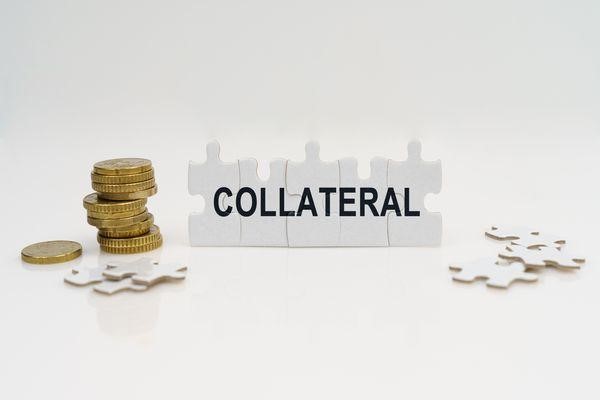Advances, Recouping and Cross-Collateralization Part 3
/*! elementor – v3.16.0 – 17-10-2023 */
.elementor-widget-image{text-align:center}.elementor-widget-image a{display:inline-block}.elementor-widget-image a img[src$=”.svg”]{width:48px}.elementor-widget-image img{vertical-align:middle;display:inline-block} 
So you’re a recording artist, you’ve been presented with a recording agreement from a major record label, and you’ve hired someone to review the contract.
The advance is enough to cover your living expenses, hire some big-name producers and provide marketing and promotion for the single and album; let’s say the advance is $500k. The backend royalty is fair enough that upon recouping the advance you’ll be fairly compensated for the hard work that you’ll have to put into writing, recording, and promoting the music; let’s make it an even 20 points.
There’s an additional $100k advance as part of a co-publishing arrangement between yourself and the publishing arm of the label. Cool. Everything looks great and then the attorney or contract consultant mentions that the hundred grand co-publishing advance is cross-collateralized with the recording advance.
There’s another $100k advance as part of a merchandising deal. The attorney or contract consultant mentioned that this hundred grand is also cross-collateralized with the co-publishing advance and recording advance.
What does cross-collateralization mean?
Cross Collateralization is a clause in recording and publishing contracts that allows a record label or publishing company to recoup outstanding advances from one album or single with other revenue sources.
So instead of getting your 20-point royalty after recouping the $500k advance from the recording agreement, now you have to recoup the $100k co-publishing advance and the $100k merchandising advance for a grand total of $700k before you get paid your royalty, before you get paid any publishing, and before you get paid your percentage of revenue from merchandise sales.
Cross-Collateralization is one of the many ways that a label can delay paying you your royalties.
The example above demonstrates cross-collateralization across different agreements, but a record label can also cross-collateralize across albums and singles. If your first album doesn’t recoup then when the second album comes out you’ll need to recoup the advance of that second album plus the remaining balance from the first album.
If you’re in a group, if you’re not careful, each member’s solo album could be cross-collateralized with the group album making the group responsible for recouping any advances to the solo member.
Cross-collateralization isn’t necessarily a bad thing, but it’s something to be aware of when negotiating any deal points especially with 360 deals being somewhat of the norm in today’s music industry.